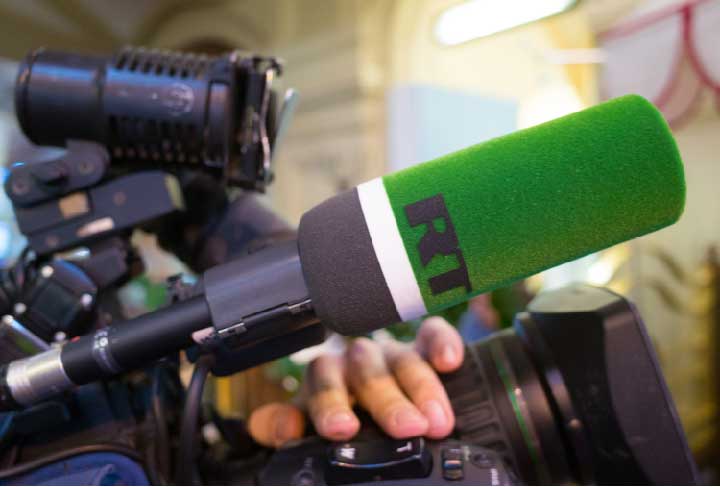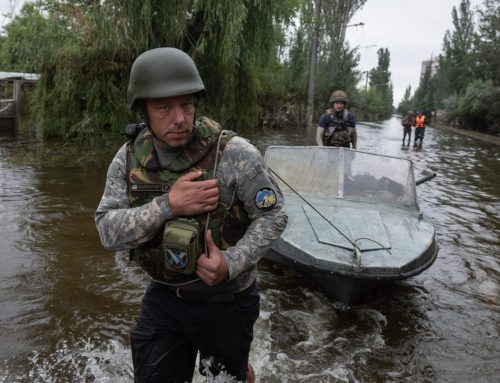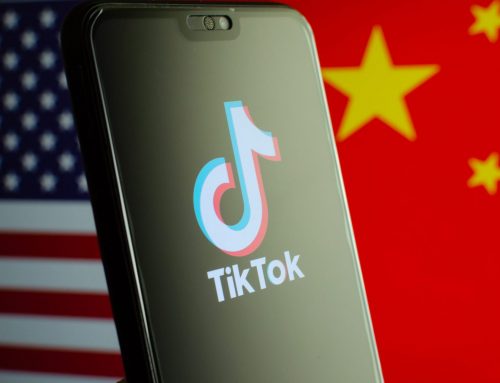As with previous weeks, Russian state media and official government accounts promoted positive messaging related to Russia’s coronavirus vaccines, while highlighting controversies and problems related to Western vaccines. While some of this content continued to focus on the vaccines themselves, such as Sputnik V’s reported efficacy and low cost, developments in vaccine rollout plans provided a new point of contrast. Namely, the Russian state media ecosystem touted the announcement that Russia intends to begin mass vaccinations this week and highlighted that vaccinations in Russia will be voluntary and free, while questioning how voluntary the U.K.’s vaccine rollout will be. Russia’s focus on vaccine diplomacy was evidenced by the fact that the state-run @sputnikvaccine account was the most-mentioned account (outside of the official Russian accounts monitored on Hamilton) by government/diplomatic accounts last week. While far from a prominent topic, Russian state media coverage and opinion pieces related to the Australian Brereton Report and fallout over China’s diplomatic messaging around the report’s allegations created an opportunity to paint the West as hypocritical and highlight official Chinese statements to that effect. The spat between Australia and China sparked by an inflammatory tweet was obviously a prominent theme in Chinese official messaging last week, which is covered in depth in this week’s Hamilton blog post. China’s abrasive, wolf-warrior style of messaging was also on display in a tweet from China Daily’s Europe Bureau Chief Chen Weihua, who called U.S. Senator Marsha Blackburn a “bitch.” Chen and Zhao’s tweets received substantial engagement (each post has been retweeted more than 10,000 times), providing yet another example of how well provocation plays on Twitter. As with last week, Iranian officials condemned the assassination of Dr. Mohsen Fakhrizadeh in the strongest terms and pledged to bring the perpetrators to justice. Dr. Saeed Jalili, a prominent hardline official, compared the assassination of Iran’s nuclear scientist to the anti-science attitudes of medieval Europe. Other accounts pushed this narrative as well, with some using the hashtag #WarOnScience. Finally, Iranian state media continued to cover questions about the legitimacy of the U.S. presidential election, presenting the debate as further evidence of the unattractiveness of U.S. democracy.
The views expressed in GMF publications and commentary are the views of the author alone.








